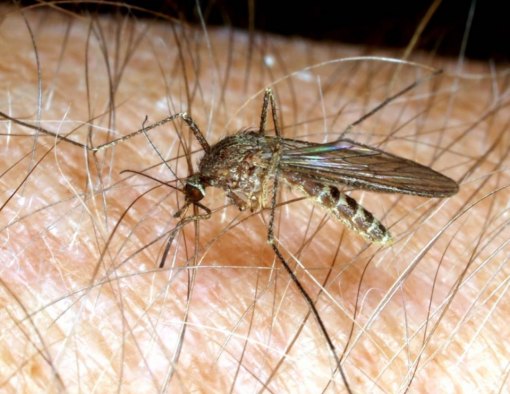Mosquito Abatement District says some mosquito samples tested positive for West Nile
The KMAD collected samples from Hanford, Armona, and Corcoran. There have been no confirmed human cases so far this year. Since the County’s first human case in 2005, there have been 77 cases, including five deaths. No human cases have been reported in California this year.
“This is the time of year when we typically detect WNV in the County, and we anticipate that we will continue to detect the virus through September,” said Michael Cavanagh, District Manager for KMAD.
“Unfortunately, Covid-19 has caused staffing shortages. At the same time, we’re detecting a significant population increase in the species of mosquitoes that transmit WNV. This will be a major concern over the next several weeks.”
According to the KMAD, most persons who are infected with WNV have no symptoms or only mild non-specific flu-like illness. However, in some individuals, especially the elderly, the disease can cause severe neurologic illness. Symptoms of a severe infection include fever, headache, stiff neck, rash, joint pain, disorientation, and altered level of consciousness.
Anyone experiencing these symptoms should see a doctor immediately.
Residents can contact the KMAD if they have a mosquito problem, report a neglected swimming pool (green pool), or if they need assistance in eliminating mosquito breeding sources. The district will also provide mosquito fish for swimming pools, backyard ponds, and horse troughs free of charge. Residents may request services by calling (559) 584-3326 or at the district’s website at www.kingsmosquito.net.
It is essential to eliminate any standing water – no matter how small of an amount – where mosquitos can breed. Kings County Department of Public Health (KCDPH) recommends that individuals protect against mosquito bites by practicing the “Three Ds”:
1. DEET – Apply insect repellent containing DEET, picaridin, oil of lemon, eucalyptus, or Insect Repellent 3535 (IR3535) according to label instructions. Repellents keep the mosquitos from biting you. Insect repellents should not be used on children under two months of age.
2. DAWN AND DUSK – Mosquitos usually bite in the early morning and evening, so it is essential to wear proper clothing and repellent if outside during these times. Ensure that your doors and windows have tight-fitting screens to keep out mosquitos. Repair or replace screens that have tears or holes.
3. DRAIN – Mosquitos lay their eggs on standing water. Eliminate all sources of standing water on your property by emptying flower pots, old car tires, buckets, and other containers. If you know of a swimming pool that is not being properly maintained, please get in touch with your local mosquito and vector control agency.
Additional information regarding West Nile Virus may be found at: http://www.westnile.ca.gov
.jpg)
Features
- West Hills College District announces grant award from U.S. Dept. of Agricuture for broadband services
- Local athlete, Lexus Ramirez, seeks success at Olympic boxing qualifiers in Louisiana
- NAS Lemoore Argonauts (VFA-147) to welcome a new commanding officer
- Tachis host 'Sling'em' Kids Classic Horseshoe Tournament on Saturday
- Lemoore officer and others honored at annual Public Safety Appreciation Luncheon July 13
- Annual Public Safety appreciation Luncheon is scheduled for July 13
_0.jpg)

.jpg)




